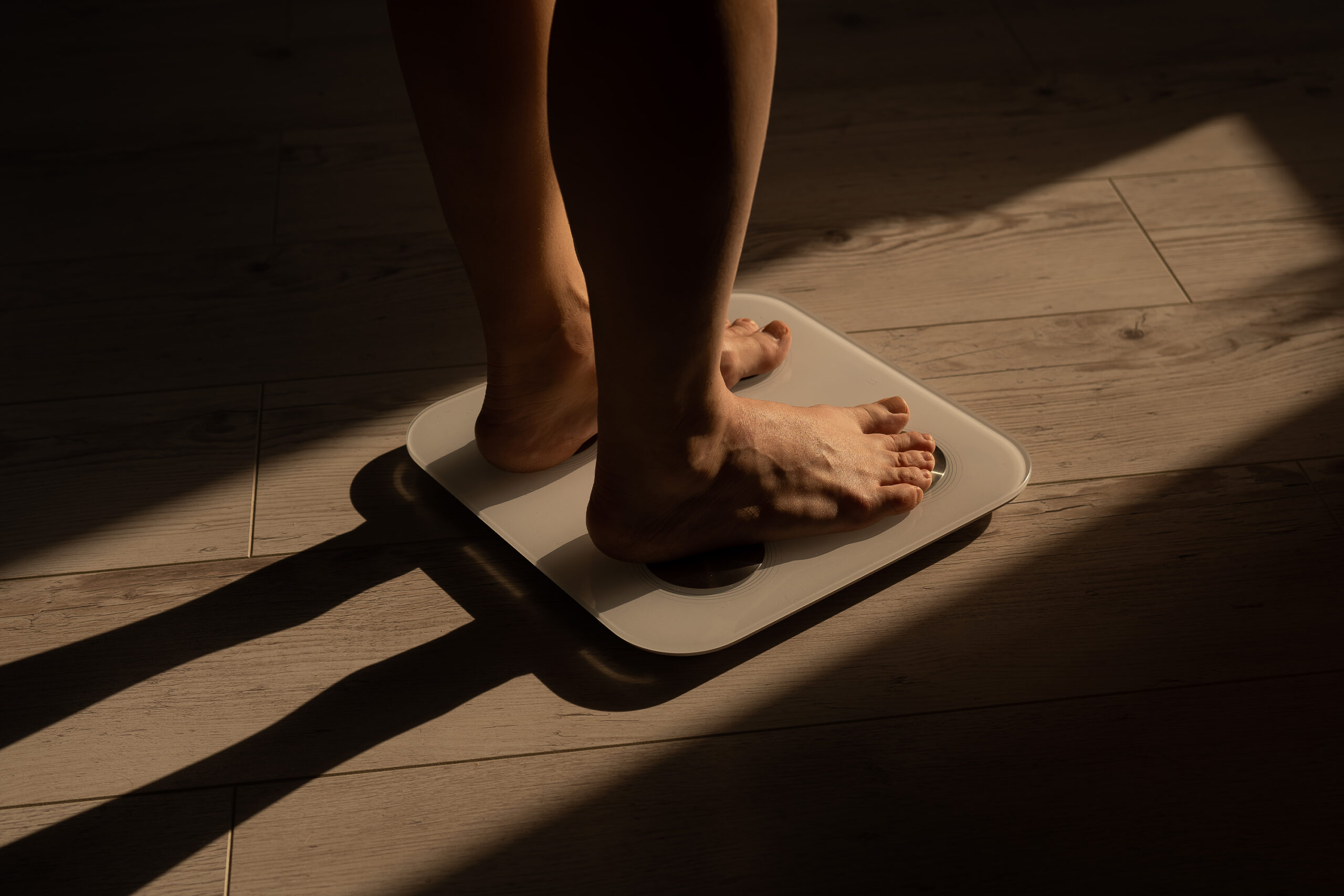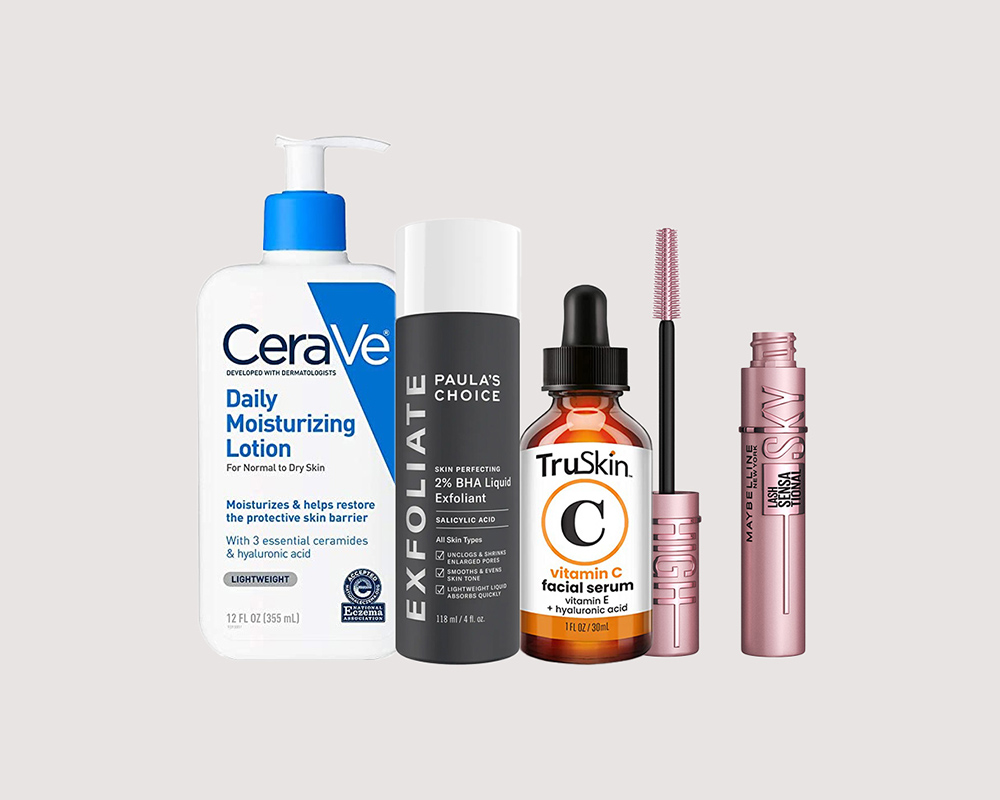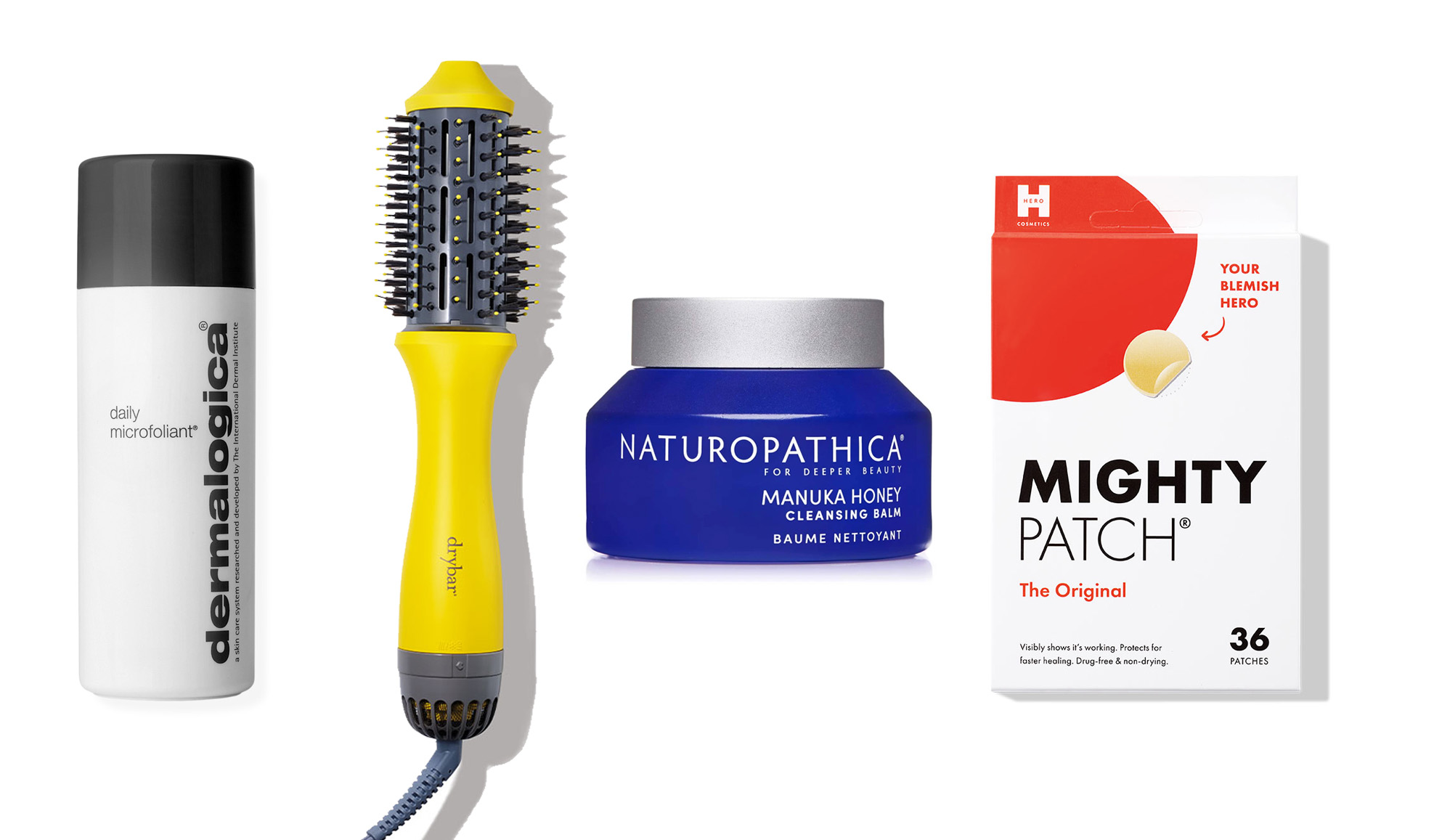U.S. Surgeon General Vivek Murthy issued a new advisory that warns against the impact of widespread social media usage has on the mental health of children and teens.
High rates of depression and anxiety among children and teens have been a cause for concern among practitioners for over a decade. Now, many are seeing an even greater increase in the wake of the COVID-19 pandemic. Currently, the data is still a few years behind, but the CDC estimates about 4.4% of 13–17-year-olds have diagnosed depression, and 9.6% have diagnosed anxiety.
The Surgeon General Report notes that 95% of kids ages 13-17 are on social media platforms, and that the content they can encounter there can greatly impact them.
The cited studies included in the advisory show that social media has a profound effect on how developing children see themselves, especially young girls. When asked, 46% of adolescents indicated social media made them feel worse about their own bodies. This leads to the development of body dysmorphia and disordered eating, both of which have been strongly correlated to high social media activity.
But beauty and body image aren’t the only way social media can negatively impact children.
More and more children are exposed to hate-based content online, harassment, and even sexual predation. In the same report, “6-in-10 adolescent girls say they’ve been contacted by a stranger on certain social media platforms in ways that make them feel uncomfortable.”
Kids Can’t Wait on Research
There’s still a lot of research to be done into just how much social media shapes the way children think about the world and themselves. But according to Murthy, kids don’t have the time to wait.
“Our children and adolescents don’t have the luxury of waiting years until we know the full extent of social media’s impact. Their childhoods and development are happening now,” the report says. “At a moment when we are experiencing a national youth mental health crisis, now is the time to act swiftly and decisively to protect children and adolescents from risk of harm.”
Murthy has previously stated that age 13 is “too early” for children to be online.
“I, personally, based on the data I’ve seen, believe that 13 is too early … It’s a time where it’s really important for us to be thoughtful about what’s going into how they think about their own self-worth and their relationships and the skewed and often distorted environment of social media often does a disservice to many of those children,” Murthy said on CNN Newsroom.
Not All Negative
Some encouraging news from the advisory is that there are positive impacts from social media, too. Studies indicate that online communities can be fundamental for young people, particularly in the LGBTQIA+ community. Queer kids use social platforms to form friendships, develop their identities, and learn how to reach out to others, which research indicates benefits their mental health.
Marginalized youth, including racial and ethnic minorities, do come across hateful content, but they also encounter a lot of positive support online. Seven out of 10 adolescent girls of color reported encountering identity-affirming content online.
In fact, a majority of adolescents report that social media makes them feel more accepted (58%), provides a venue for creativity (71%), connects them with friends (80%), and supports them in tough times (67%).
These findings indicate a nuanced relationship between children and social media, where greater access to diverse communities provides connection and support, but the broader online landscape reinforces a harmful self-image.
The Path Forward
While the social media landscape does offer benefits for kids, the clear potential for harm as well as the current mental health crisis among America’s youth means that steps need to be taken. The Surgeon General advisory warns that immediate action is necessary to ensure the safety of children online.
Those actions include ways parents can help protect their kids, but also steps for policymakers and tech companies to take. The advisory calls for greater data privacy for children, “age-appropriate” health and safety standards, and for tech companies to start independent research into how their products impact children.
For adolescents themselves, the advisory urges users to report harassment when they see it and to seek help if they are experiencing harassment. Kids and parents can find expert information at the National Center of Excellence on Social Media and Youth Mental Health or by calling or texting the suicide hotline 988 if they or a friend are in crisis.

















